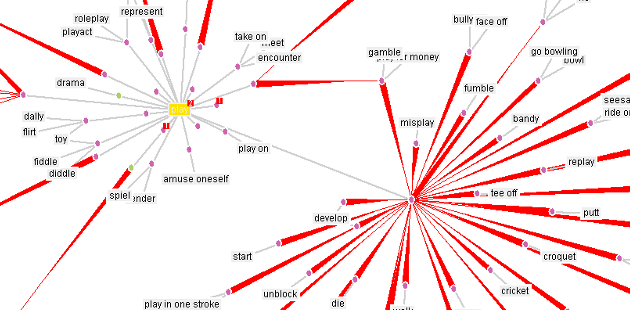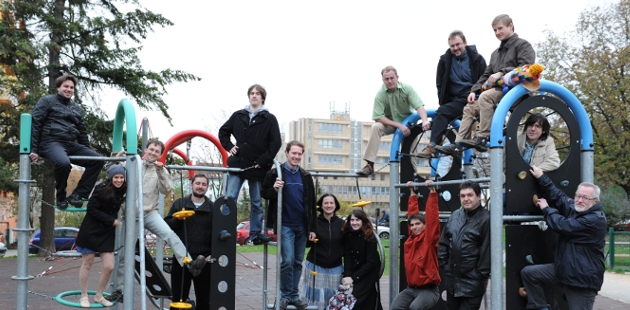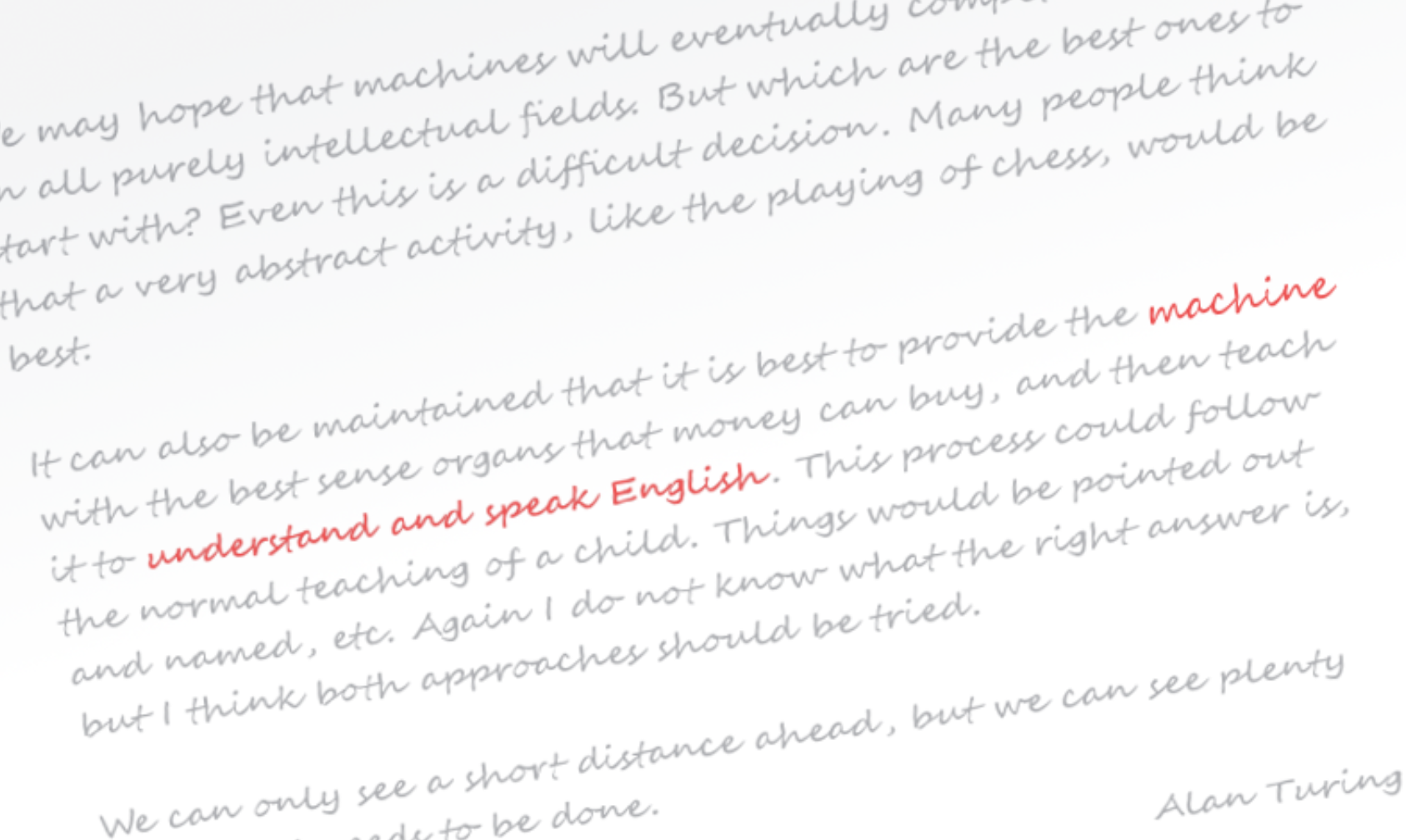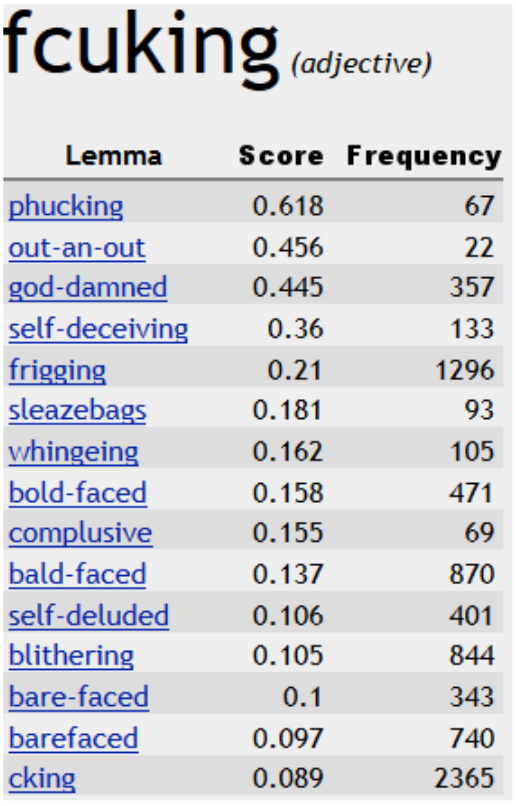Will Computers Ever Understand Us?
Computer “understanding”: Use cases
- inappropriate discussion posts detection
- text summarization
- opinion mining
- content targeting
- question answering
Inappropriate discussion posts detection
That BOY aint done growing and fcuking so she would be stooopid to tie HERSELF down wit a BABY and a tattoo is just as worse!!!
=>
That BOY aint done growing and fcuking so she would be stooopid to tie HERSELF down wit a BABY and a tattoo is just as worse!!!
Use case: discussion forum, automatic detection of inappropriate posts
Common solution: word list
But: users use concealed words that are difficult to detect (f*king, f.u.c.k, f..k, fcuking)
Better solution: word list + concealing rules
But: users invent new words and concealing patterns
Even better solution: word list + automatically generated thesaurus + concealing rules + metarules
Text summarization
A decade ago a girl spent money for ringtones.
Use case: automatic abstract generation, multiple document digest, are these documents stating similar or opposite arguments?
Naive solution: take every first sentence in a paragraph
Common solution: take every sentence containing a keyword
But: not really scalable, difficult to detect the main message
Better approach:
- analyse text on several levels
- whole document (sections, paragraphs, consistency)
- sequence of sentences (each having a structure)
- bag of words and keywords (in different forms, synonyms, abbreviations etc.)
- generate a summary
Opinion mining
The iPhone 5 price was predictably high and continues to be so, so consumers will need to bear that in mind too when looking for their next smartphone.
...
Well, all of those picking up the iPhone 5 will have the same reaction: this thing is amazingly light. You’ve probably heard the numbers by now (20 per cent lighter than the predecessor, as well as beating most of the opposition too at 112g.)
=>
The iPhone 5 price was predictably high and continues to be so, so consumers will need to bear that in mind too when looking for their next smartphone.
...
Well, all of those picking up the iPhone 5 will have the same reaction: this thing is amazingly light. You’ve probably heard the numbers by now (20 per cent lighter than the predecessor, as well as beating most of the opposition too at 112g.)
Use case: what are people thinking about a particular product/company/idea X?
Solution: search X, find evaluative words
But: opinions are expressed by non-evaluative words
Better solution:
- extract useful attributes of X (noise, weight, price, appearance)
- generate thesauri of evaluative words: thin iPhone 5 × thin tasteless burger
Question answering
Do you have a bike for a 4-year-old girl? Search results for “bike”, “girl”
...
Do you have a bike for a 4-year-old girl?
If she is under 110 cm tall I will recommend Maggie, Princess or Misty. If she is taller I would recommend Miss B or Kellie. If she does not insist on bike for girls I would also recommend Racer or Mr. Lightning. How tall is she?
About 105 cm.
Do you have some other constraints?
I look for something cheaper.
Then I would recommend Princess. It is a popular bike.
Use case: chatbot providing basic support
Solution: patterns, keyword detection, searching
But: no real dialogue, no real answers, just searching
Better solution: sentence structure analysis, keyword detection, coreference resolution, dialogue strategy
Conclusions: Understanding of understanding
Is this real understanding?
Probably not.
We do not know what understanding is but we know how it looks like when someone understands.
Computer programs that can discover a vulgar text, summarize a text, recognize someone’s feelings or answer questions look like they understand our language...












